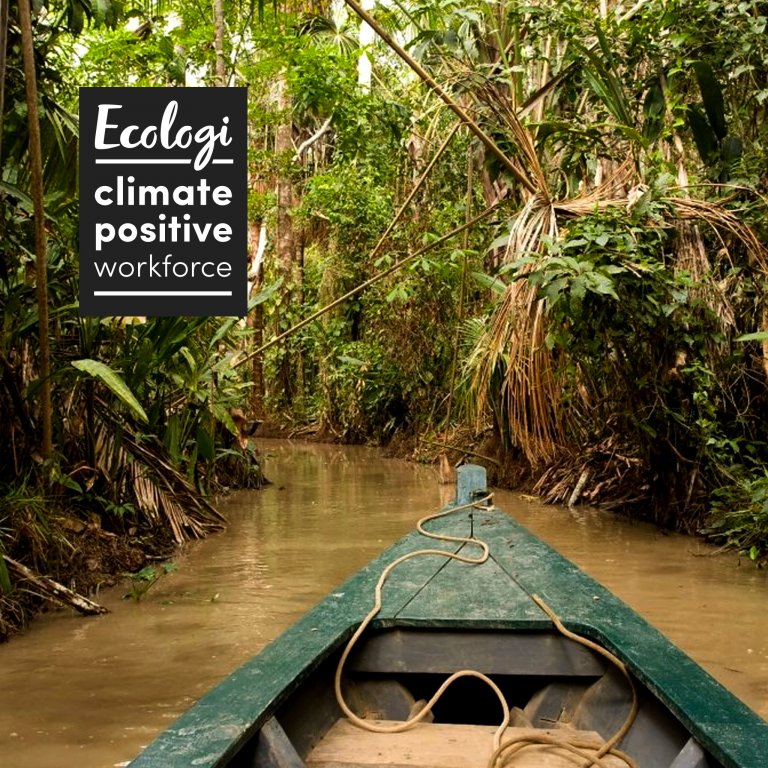With the 26th UN Climate Change Conference of the Parties (COP26) in Glasgow approaching it is hard to avoid thinking about what else that, we both as a company and as individuals can do to reduce or mitigate our impact on the environment.

As part of our drive to be a net-zero courier by 2030, Absolutely has already made a good start with the introduction of the Eco-Hub and rapidly growing the cargo bike fleet, but we all understand that there is much more still to do.
Therefore, we have decided to partner with Ecologi, which offers individuals and businesses the ability to subscribe to climate change solutions. Our monthly subscription mitigates the carbon footprint of all our colleagues, as well as contributing to the planting of trees. Specifically, our subscription now more than offsets the travel, energy use, food & hobbies that occur across all colleagues.
While this is a continuous activity, at the time of writing our funding for climate change solutions has already offset 238.41 tonnes of CO2e, which is equivalent to one of the following:
> 183 long-haul flights or 715 metres2 of sea ice saved or 591,495 miles driven in a car.
The Ecologi climate positive workforce tracker can be found in the footer of our website but for more detailed information on Absolutely’s climate change progress visit the
Absolutely Ecologi page

As you might expect there is considerable science behind how Ecologi operates, and they have a validated and trusted methodology behind their calculations. For anyone who is keen to understand more about the calculations used by Ecologi (and has considerable spare time on their hands), then we recommend reading their most recent post on Carbon footprinting at Ecologi.
While we were also very happy to recently win the 2021 NCA Clean Air award, we will continue to evaluate how best we can reach our net-zero goals. But in the meantime let’s hope that COP26 commencing on 31 October can deliver significant progress towards the primary goal of securing global net-zero by mid-century and limiting the global average temperature increase to 1.5 degrees centigrade.

